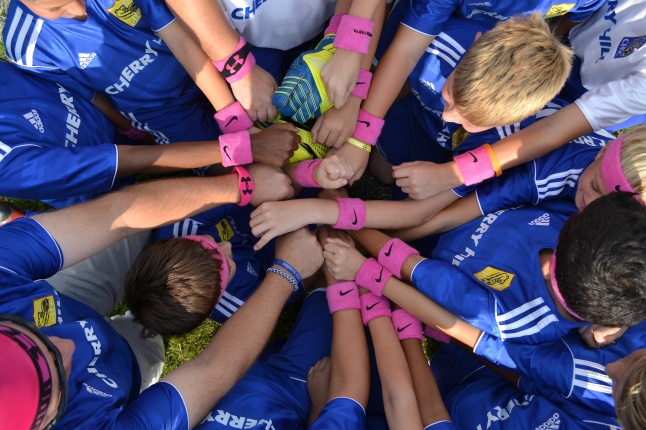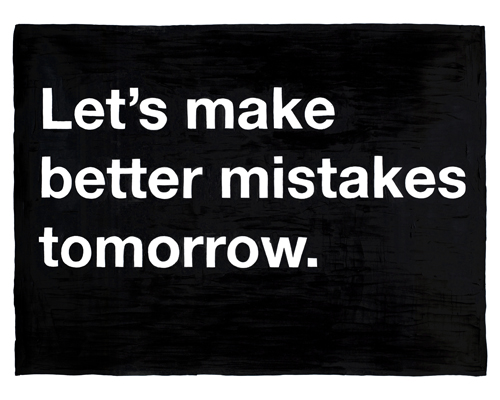 A technological tidal wave has taken over schools and the future of text books is slowly morphing to their electronic cousins. With the majority of advocates toting technology as the skill of the future, it may be hard to defend the paper back. Educators, parents and IT gurus have all chimed in on the pros and cons of moving to digital text books. Deliberation over a complete integration is not taken lightly and some concerns linger.
A technological tidal wave has taken over schools and the future of text books is slowly morphing to their electronic cousins. With the majority of advocates toting technology as the skill of the future, it may be hard to defend the paper back. Educators, parents and IT gurus have all chimed in on the pros and cons of moving to digital text books. Deliberation over a complete integration is not taken lightly and some concerns linger.
Do students have the capacity to carrying the burden of such a responsibility? When everything is said and done, an ipad or similar tablet is a very thin, portable computer. Our children will be responsible for the physical safety of a computer. When kids are notorious for losing items like text books or even the shoes off their feet, is it a reasonable expectation to think that they can keep a tablet safe and secure? Consider, some school districts struggle with theft and vandalism of their technological resources.
Yes, students embrace technology, yet, struggle with responsible use. Students currently are using Smart boards, ipads, and desktops during the school day and will then utilize cell phones to interact with family and friends, bring their electronic text books home, do research for school projects on the internet, type up their homework assignments on chat boards and then blow off some steam to play video games, watch some TV or surf the web.
This amount of “screen time” is not maintaining a healthy balance. Students struggle with unplugging. There are actual cases of addiction to video games and internet surfing. Evidence also supports too much screen time can cause a medical condition called computer vision syndrome which causes eye strain and damage. Additionally, any screen time leading up to bedtime has been proven to effect melatonin levels in the body causing sleep deprivation.
Students need to understand how their overall health is affected by their time spent using digital gadgets, so they can make positive choices. Equipping students with strategies to balance their leisure screen time with academic responsibilities may prove to be an eye and sleep saver.
Striking a balance with amount of use is second to the ways students have misused technology. The media is filled with sick and sad stories of social media harassment, bullying and individuals that stalk and prey on children. Cell phones are used to take pictures without permission or record a crime. Developing the critical thinking skills of the 21st century student is crucial to making safe and smart choices with technology.
Jennifer Patrick, a 7th grade social studies teacher shares her experience and perspective, “My school supplies us with a Social Studies textbook for every student. Our department has not transitioned to digital books, yet. I used to give each kid a textbook to keep at home. Now I make the offer optional. I can probably count on my hands the number of times we use the textbook in class each year. It serves mainly as a supplement. The wealth of text rich resources available online makes learning meaningful and promotes deeper thinking . . . experiences that traditional textbooks rarely offer. Given my content area, I think digital books make exploring history more appealing to 21st century learners than the “dusty old textbooks”. I recognize the concerns about the cost and access to technology for digital books to be feasible. However, considering our tech savvy audience and the fact that these resources will never be outdated, I would fully support a move to digital books.”
Michael Rubright from EIRC (Educational Information & Resource Center) is responsible for technology rollouts schools are currently using like web based text books and tablet integration in the classroom. He believes educators should be partnering with businesses that understand the role of technology in schools and rely on the experts to help provide technology policies that address issues and concerns. Rubright suggests an upfront tutorial for teachers, staff and students, on how to use the technology appropriately, “This is key to setting expectations for usage.”
Guidance and training on how to use digital textbooks or any technology is not necessarily the challenge. The challenge lies with the level of responsibility for the resource, an understanding of how to best balance technology and the appropriate use. Without the continued effort to foster a student’s ability to make positive choices, students will not only struggle with technology, but with life in general.
For more information on the TURNING STONEchoice process please visit http://www.turningstonechoice.com
Sammy@TSC
 Have you ever had those incredible moments of frustration that make you want to run, screaming, down the street? Sure, you have, if you are a teacher, parent or both. Your role is typically challenged by moments that require every ounce of maturity and wisdom to get you through the day. Sometimes, it takes a sweet treat to help work through that frustration.
Have you ever had those incredible moments of frustration that make you want to run, screaming, down the street? Sure, you have, if you are a teacher, parent or both. Your role is typically challenged by moments that require every ounce of maturity and wisdom to get you through the day. Sometimes, it takes a sweet treat to help work through that frustration.







